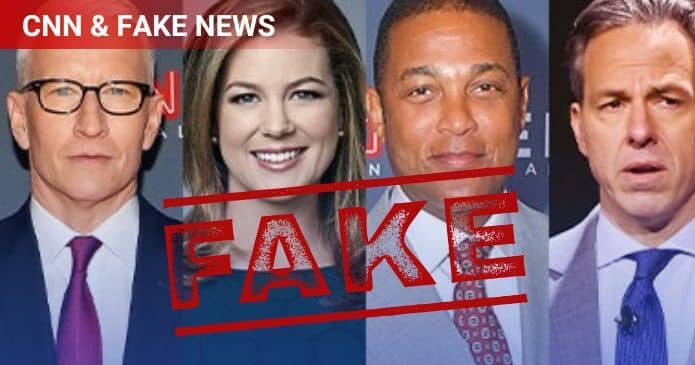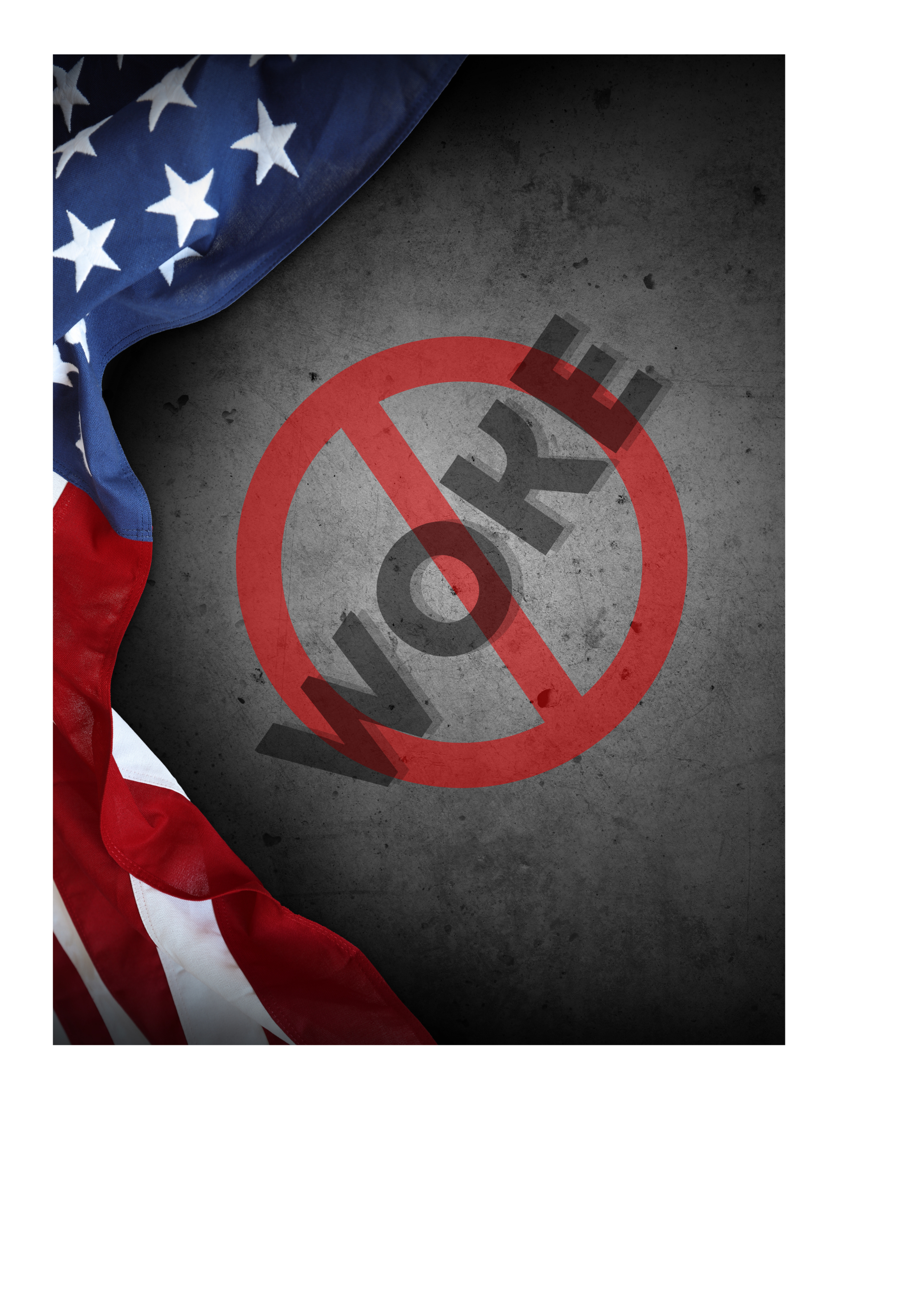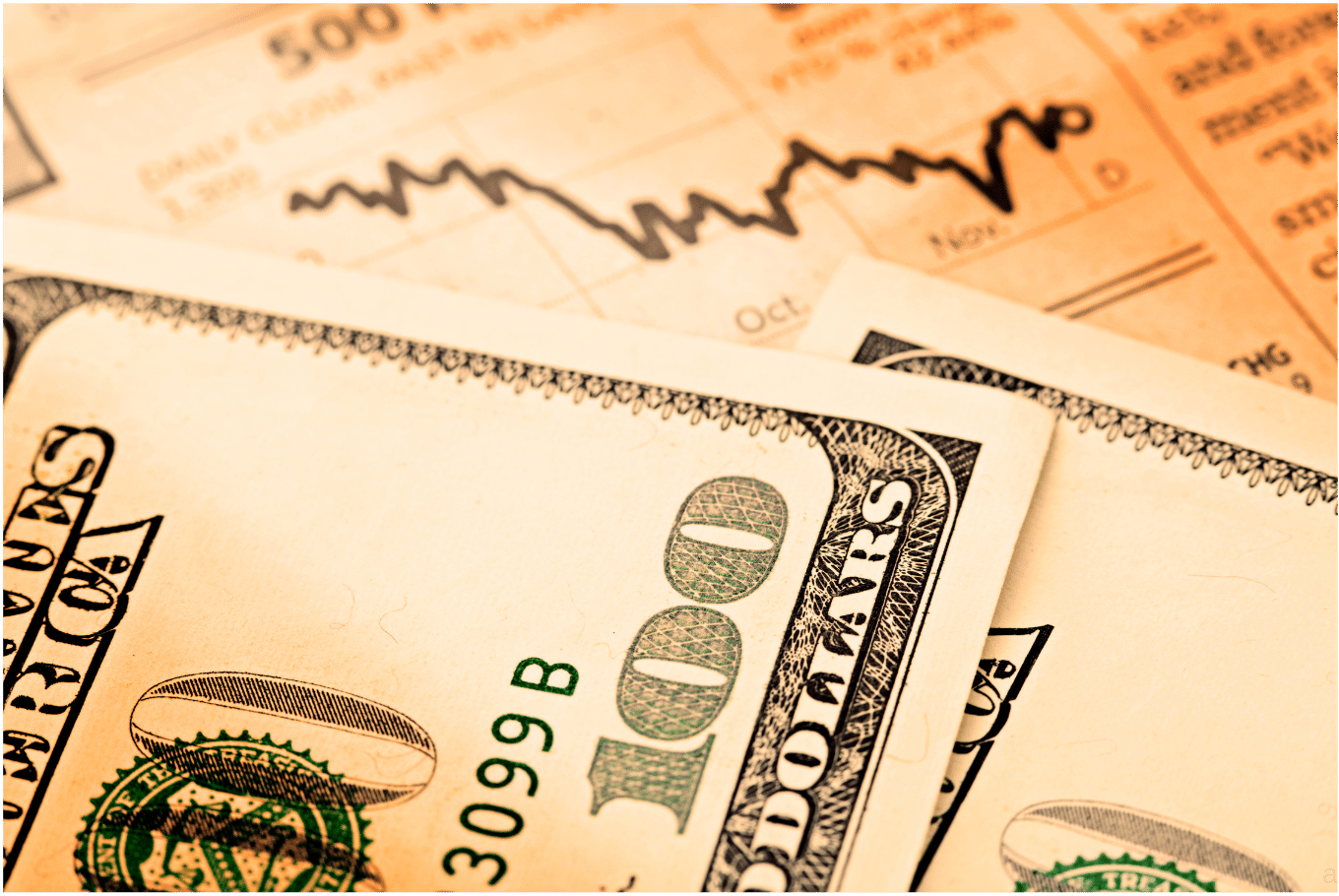Fake News & Impact on Retirement Accounts
It happens all the time. And by the time the truth comes out… the damage is done. Fake News Stories = Stock Market Losses Your retirement, pension, brokerage account. They all take a beating. Just because some talking head somewhere… or some reporter with a blog… decided it was better to take a dump and […]
Lifting Everywhere
August 22, 2023
12:33 pm

It happens all the time. And by the time the truth comes out… the damage is done.
Fake News Stories = Stock Market Losses
Your retirement, pension, brokerage account. They all take a beating.
Just because some talking head somewhere… or some reporter with a blog… decided it was better to take a dump and get some clicks than tell the truth.
A few notable examples*:
– S&P Trump Scare: ABC news reported (and then corrected) that National Security Advisor Michale Flynn would testify that President Trump instructed him to contact Russian officials during the 2016 election campaign. The S&P dropped by 38 points in 30 minutes. $341 billion in losses were racked up.
– Ethereum Founder Death: False news stories circulated that the founder of Ethereum, Vitalik Buterin died in a car crash. This caused an immediate $4 billion wipeout.
– BlackRock Investment Letter: A fake letter, supposedly written by the firm’s CEO Larry Fink detailed changes to the firm’s investment strategy tied to climate change – which were all false. The result, ‘hundreds of millions of dollars in price fluctuation’. This would happen again to Vanguard a couple of years later. BlackRock manages $10 trillion in investment capital and Vanguard manages $8.1 trillion.
– Metro Bank Rumors: A false campaign spread via WhatsApp citing financial difficulties and that the ‘bank was going under’ caused a good old fashioned run on the bank. Share prices dropped 11% almost immediately.
Of the tens of thousands of ‘news’ events reported every day… only a handful are investment worthy.
And here’s the best part: There isn’t a single solitary thing you can do to profit once you’ve read whatever the news is (assuming that it’s real).
Why?
Because there is nothing… ABSOLUTELY nothing… that you as an everyday investor are going to somehow learn from the news or a report… that isn’t ALREADY PRICED INTO A STOCK.
You’re late. By the time you see it, the big guys have already made the money.
They have artificial intelligence tools that do the work for them.
Your best bet? Steer clear of the news for investment ideas.
*Source: University of Baltimore business professor Roberto Cavazos and research firm CHEQ research paper published on The Economic Cost of Bad Actors on the Internet.
If you’re new to the idea of fake news hurting the economy…
One reason why fake news can hurt the economy is that it can lead to misinformed decision-making. When individuals and businesses make decisions based on false or misleading information, they are more likely to make mistakes. For example, if an individual believes fake news about a company’s financial performance and decides to invest in the stock, they may lose money when the truth is revealed. Similarly, if a business makes a decision based on fake news about a competitor’s products or services, they may be at a disadvantage when the truth comes to light. These types of misinformed decisions can have negative consequences for the economy, as they can lead to lost productivity, wasted resources, and reduced competitiveness.
Another reason why fake news can hurt the economy is that it can erode trust in institutions and undermine the stability of the financial system. When fake news is spread about banks, financial institutions, or government agencies, it can lead to a loss of confidence in these institutions. This can have negative consequences for the economy, as it can lead to a reduction in investment, a decline in consumer confidence, and a decrease in economic activity.
A third reason why fake news can hurt the economy is that it can create uncertainty and disrupt markets. When fake news is spread about events or trends that have an impact on financial markets, it can create uncertainty and lead to volatile market conditions. This can make it more difficult for businesses to plan for the future and can lead to a decline in investment and economic activity.
Finally, fake news can hurt the economy by diverting resources away from productive activities. When individuals and organizations spend time and resources trying to debunk fake news or address the consequences of fake news, they are not able to focus on other activities that could contribute to economic growth. This can have negative consequences for the economy as a whole.
In conclusion, fake news can have negative consequences for the economy from a conservative point of view. It can lead to misinformed decision-making, erode trust in institutions, create uncertainty and disrupt markets, and divert resources away from productive activities. These factors can all contribute to a decline in economic activity and prosperity.
Want to learn how to make steady income from the market? No matter what direction it’s going? No problem… simply click here and pick up this easy guide.
Related
-
Trump’s Trade Policies Impact: Boosting the Stock Market
 Trump's Trade Policies Impact on the Stock Market: An In-depth Analysis Exploring the Impact of Trump’s Trade Policies: Donald Trump's presidency saw significant economic policies that were aimed to stimulate American economic growth and impact the global market. Trump's Economic...
Trump's Trade Policies Impact on the Stock Market: An In-depth Analysis Exploring the Impact of Trump’s Trade Policies: Donald Trump's presidency saw significant economic policies that were aimed to stimulate American economic growth and impact the global market. Trump's Economic...
-
Donald Trump’s Stance on Woke Culture: A Continuing Battle
 Donald Trump’s stance on woke culture has been a defining element of his political identity, resonating deeply with his base. This analysis explores how his fierce opposition to progressive ideologies continues to stir substantial discourse in American cultural and political...
Donald Trump’s stance on woke culture has been a defining element of his political identity, resonating deeply with his base. This analysis explores how his fierce opposition to progressive ideologies continues to stir substantial discourse in American cultural and political...
-
Trump Second Term Economic Impact: A Comprehensive Overview
 As discussions intensify about Donald Trump's potential re-election, it's crucial to consider the "Trump Second Term Economic Impact" on both U.S. and global markets. This article explores the possible economic changes driven by Trump’s policies. Trade Policies and Tariffs Asserting...
As discussions intensify about Donald Trump's potential re-election, it's crucial to consider the "Trump Second Term Economic Impact" on both U.S. and global markets. This article explores the possible economic changes driven by Trump’s policies. Trade Policies and Tariffs Asserting...

Trump’s Trade Policies Impact: Boosting the Stock Market
Trump’s Trade Policies Impact on the Stock Market: An In-depth Analysis Exploring the Impact of Trump’s Trade Policies: Donald Trump’s...

Donald Trump’s Stance on Woke Culture: A Continuing Battle
Donald Trump’s stance on woke culture has been a defining element of his political identity, resonating deeply with his base....

Trump Second Term Economic Impact: A Comprehensive Overview
As discussions intensify about Donald Trump’s potential re-election, it’s crucial to consider the “Trump Second Term Economic Impact” on both...

Is Losing a Corvette the Same as Losing Your Home?
Probably not. Or probably not even close? What happened… In a recent speech delivered to an audience in Maui, Joe...

